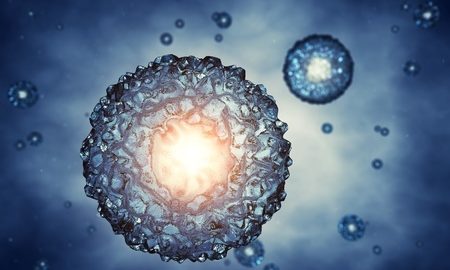Why Research on Haploid Stem Cells is Important

Human embryonic stem cells have the ability to differentiate into any type of cell found in the human body. The scientific community believes that stem cells hold the key to the prevention and treatment of diseases. Now researchers are discovering that haploid stem cells could change the face of medicine.
Haploid versus Diploid: What is the difference?
The majority of cells in the human body are diploid, i.e., they contain two sets of chromosomes, one from the mother and one from the father. Eggs and sperm are the only cells with a genome that is haploid. Thus far, scientists have been successful in creating haploid stem cells in animal models (monkeys, mice, rats) but not in humans. Haploid embryonic stem cells (ESCs) contain only one set of chromosomes. The ability to isolate haploid ESCs and replicate them in the laboratory is of great scientific significance because it will allow researchers to examine a single set of chromosomes rather than a mixture of chromosomes from both parents. It’s easier to understand how a drug treats a particular disease when there is only one copy of every gene to study.
Milestone Research
Ido Sagi, a Ph.D. student at the Azrieli Center for Stem Cells and Genetic Research in Jerusalem, has succeeded in isolating haploid ESCs in humans. An unfertilized human egg was forced to produce haploid “daughter cells” with a combination of chemical and electrical treatment. The human haploid stem cells, unlike those in mice, were able to divide and mature into other tissue types including the heart, brain, and pancreas, even though they only contained a single set of chromosomes.
This is a milestone in stem cell research because it will help scientists understand human reproduction and development. Examining a single set of chromosomes is the key to developing a deeper understanding of human reproduction which will, in turn, make it easier for scientists to develop precise genetic screening and test drugs. For instance, it could enable doctors to predict which patients will be resistant to certain chemotherapy drugs. This has tremendous implications in cancer treatment.
Personalized Medicine
Some companies are already using this research to develop diagnostic kits for cancer patients. These kits predict a patient’s resistance to chemotherapy. A large collection of human pluripotent stem cells is being built.
References:
- https://www.sciencedaily.com/releases/2017/06/170628131826.htm
- http://www.the-scientist.com/?articles.view/articleNo/45620/title/Haploid-Stem-Cells-Created/


